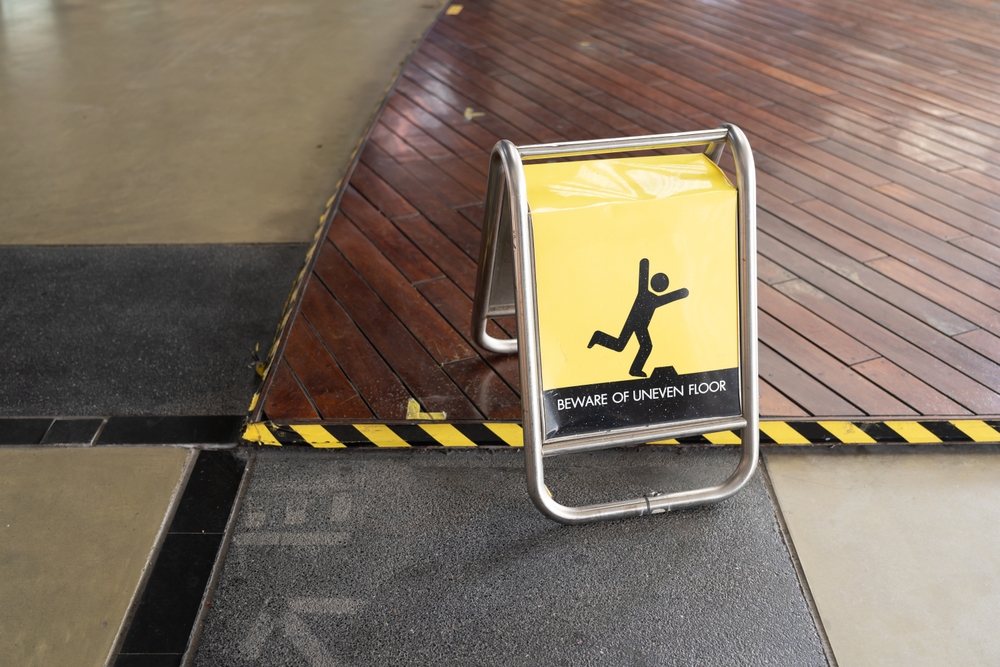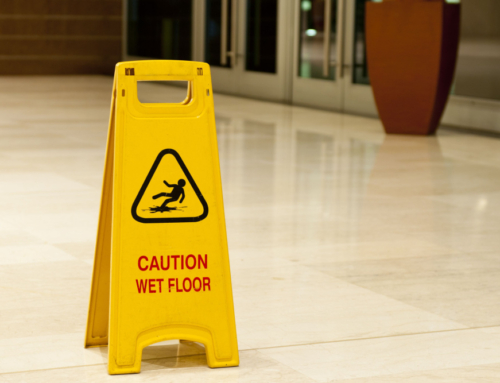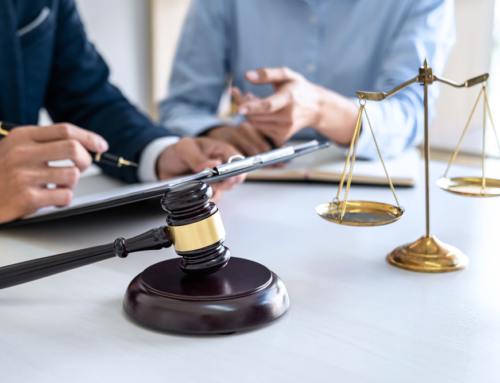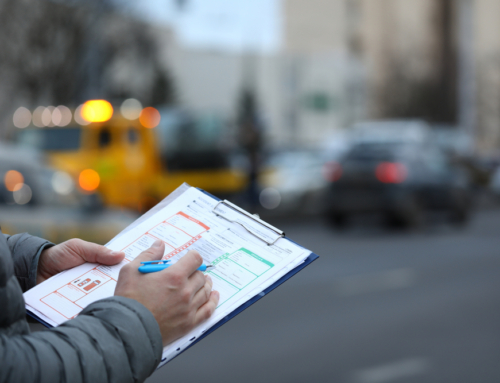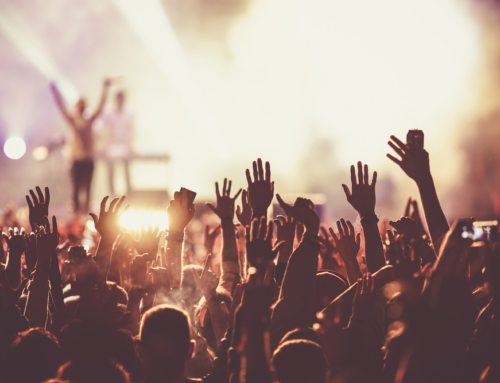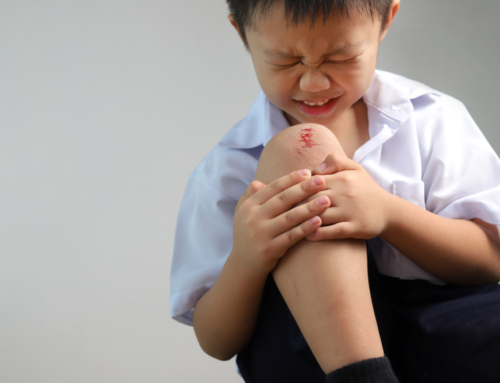Premises liability is a crucial aspect of personal injury law that ensures property owners maintain a safe environment for visitors. At Payas, Payas, and Payas, we specialize in representing clients who have been injured due to unsafe conditions on someone else’s property. This article explores the intricacies of premises liability, the types of cases it covers, and why it is essential to have an experienced attorney by your side.
Understanding Premises Liability
What is Premises Liability?
Premises liability refers to the legal responsibility of property owners to prevent injuries to visitors caused by unsafe conditions on their property. This can include private homes, commercial establishments, public spaces, and rental properties. If a property owner fails to maintain a safe environment and someone gets injured as a result, the owner can be held liable for damages.
Examples of premises liability cases include slip and falls, inadequate maintenance, defective conditions, insufficient security, and dog bites. Understanding the broad range of incidents covered by premises liability helps you recognize when you may have a valid claim.
Legal Standards for Premises Liability
The success of a premises liability claim hinges on proving that the property owner was negligent. This involves establishing that the owner knew or should have known about the hazardous condition, failed to take reasonable steps to fix it and that this failure directly caused the injury. Different types of visitors, such as invitees, licensees, and trespassers, are owed varying levels of care, which can affect the outcome of a case.
An invitee, such as a customer in a store, is owed the highest duty of care, meaning property owners must regularly inspect and maintain the premises. Licensees, like social guests, are also owed a duty of care but to a lesser extent. Trespassers are generally owed the least duty of care, except in cases involving children or known frequent trespassers.
Common Types of Premises Liability Cases
Slip and Fall Accidents
Slip and fall accidents are among the most common premises liability claims. These incidents often occur due to wet floors, uneven surfaces, poor lighting, or obstructions. Property owners must ensure that walkways are safe and free from hazards. When they fail to do so, resulting in an injury, they can be held liable.
In a slip and fall case, it is crucial to document the hazardous condition that caused the fall. Photographs, witness statements, and medical records can help establish the property owner’s negligence and the extent of the injuries sustained.
Inadequate Security
Inadequate security cases arise when a property owner fails to provide sufficient security measures, leading to injuries from criminal activities such as assaults or robberies. Property owners, especially those operating businesses like hotels, apartment complexes, and shopping centers, have a responsibility to protect visitors from foreseeable crimes.
Proving inadequate security involves demonstrating that the property owner knew or should have known about the potential for criminal activity and failed to take reasonable steps to prevent it. Security cameras, lighting, locks, and security personnel are common measures that property owners should implement.
The Importance of Legal Representation
Navigating Complex Legal Issues
Premises liability cases can be complex, requiring a thorough understanding of state laws and legal standards. An experienced personal injury attorney can help navigate these complexities, ensuring that all legal requirements are met and that your rights are protected.
Your attorney will gather evidence, consult with experts, and build a compelling case to prove the property owner’s negligence. They will also handle negotiations with insurance companies and represent you in court if necessary, fighting to secure the compensation you deserve.
Maximizing Compensation
An attorney specializing in premises liability understands how to calculate the damages you are entitled to accurately. This includes not only medical expenses but also lost wages, pain and suffering, and any future costs related to your injury. They will ensure that all aspects of your injury are considered, maximizing your compensation.
Without legal representation, you may be at a disadvantage when negotiating with insurance companies, which often aim to minimize payouts. A skilled attorney will advocate on your behalf, countering any attempts to undervalue your claim.
Conclusion
Premises liability is a critical area of personal injury law that holds property owners accountable for maintaining safe environments. Suppose you have been injured due to unsafe conditions on someone else’s property. In that case, it is essential to seek experienced legal representation to protect your rights and secure the compensation you deserve.
Contact Payas, Payas, and Payas today for a free consultation with our knowledgeable premises liability attorneys. Our team is dedicated to providing the highest level of service and ensuring that you receive justice and fair compensation for your injuries. Don’t wait—take action now to protect your future and hold negligent property owners accountable.



